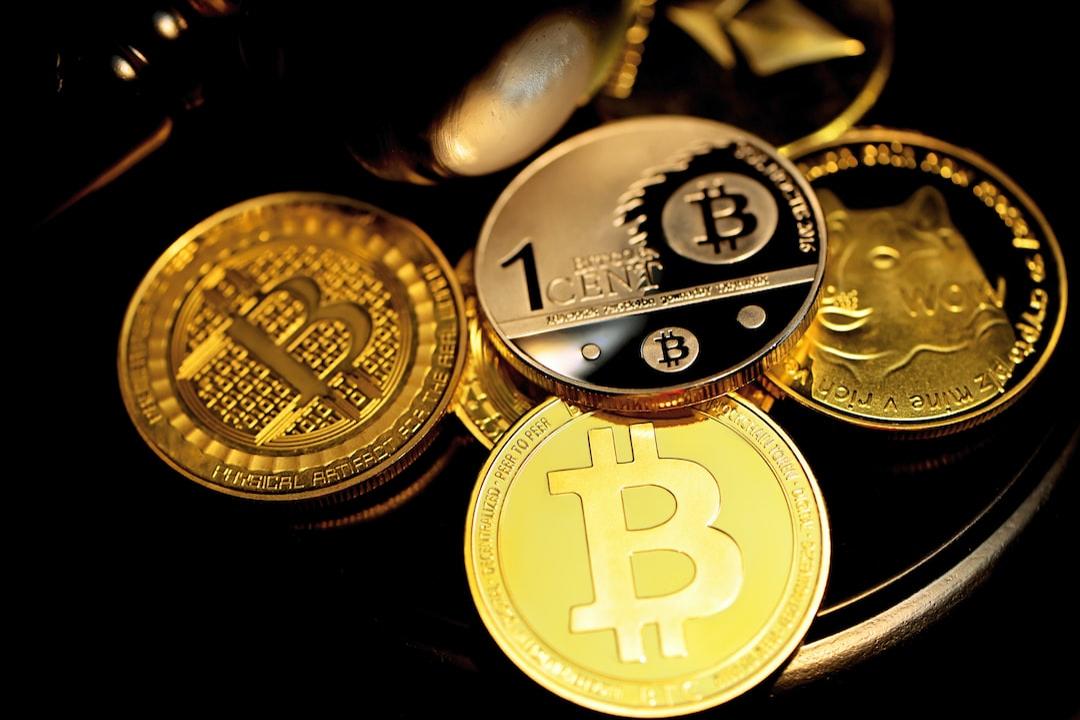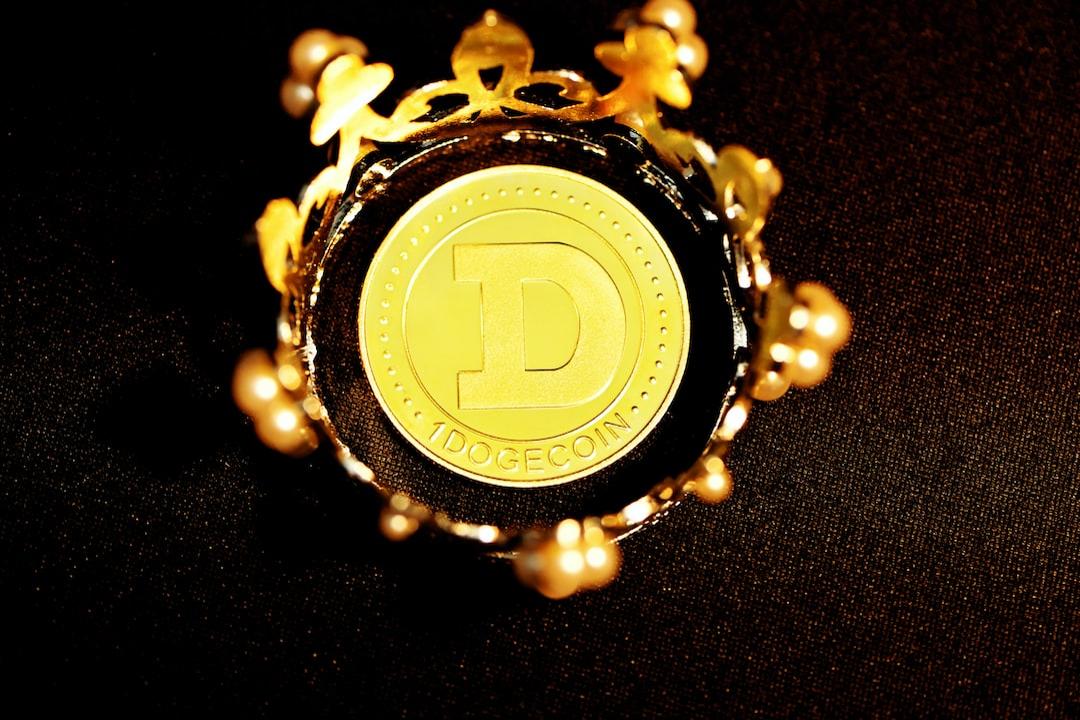What Happened?
Overseas exchange XT.com recently announced in high profile fashion that it has officially signed a strategic cooperation agreement with the well-known Taiwanese hardware wallet brand CoolWallet. However, CoolWallet’s founder, O Shi Mai, subsequently issued a public statement explicitly denying any cooperative relationship with XT.com, accusing XT.com of “acting” by having someone print their logo and impersonating CoolWallet employees during the signing ceremony.
The public denial from the founder of CoolWallet directly exposes the non-existence of the collaboration claimed by XT.com, and this “fake signing” scandal has dealt a devastating blow to XT.com’s credibility and brand image. In the cryptocurrency industry, which is highly reliant on trust, any false promotion or deceptive behavior may lead to user attrition and trigger legal and regulatory risks.
This incident is not merely a dispute between two companies; it highlights the severe challenges that the cryptocurrency market continues to face in terms of information transparency, behavioral norms, and compliance. When an exchange is accused of false advertising or even “fake signing,” it can severely undermine investor confidence in the entire industry and potentially prompt regulatory bodies to strengthen scrutiny of cryptocurrency platforms to ensure market fairness and order.
CoolWallet Exposes XT.com’s “Fake Signing” Scandal
On May 17, 2025, the overseas cryptocurrency exchange XT.com held an event in Taipei, originally aiming to showcase its ambitions and commitment to the Taiwanese market. However, a highly publicized “strategic cooperation signing” ceremony was later discredited by the “partner” — CoolWallet’s founder, who personally pointed out that XT.com was suspected of “fake signing,” sparking a significant uproar in the cryptocurrency industry.
The genesis of this controversy was a press release issued by XT.com, detailing the inaugural partner briefing and signing ceremony held at the Beitou Caesar Park Hotel, and particularly emphasizing the formal signing of a cooperation agreement with CoolWallet at 4 PM. XT.com claimed in the press release that both parties would engage in in-depth collaboration regarding user asset security and anti-money laundering compliance, even looking forward to further enhancing this cooperation in the future, optimizing the security framework supported by hardware wallets.

According to the introduction on XT.com’s official website, it is a global cryptocurrency exchange established in 2018 and registered in the Seychelles, Africa; while CoolWallet is a well-known cryptocurrency hardware cold wallet brand issued by the blockchain security organization KuCoin Technology based in Taiwan.
However, CoolWallet’s founder, O Shi Mai, issued a statement on social media, clearly stating: “Our company does not have a partnership with XT.com. It seems to be a complete act, printing our logo and impersonating our employees during the signing ceremony and sending out press releases to the media.”
Potential Impact of the “Fake Signing” Incident
This “fake signing” scandal not only casts a shadow over XT.com’s brand image but may also damage the overall trust in the cryptocurrency industry.
First, integrity issues arise. If XT.com indeed issued partnership news or even held a “fake signing” ceremony without KuCoin Technology’s consent, this would severely damage its reputation in the market. In a financial sector that relies heavily on trust, any blemish on integrity could lead to user attrition and even attract the attention of regulatory bodies.
Second, legal risks may be unavoidable. Unauthorized use of another’s brand logo and impersonating employees during signing could violate trademark laws, fraud offenses, and even involve legal responsibilities related to false advertising. As the aggrieved party, CoolWallet has the right to take legal action to protect its rights.
Furthermore, the breakdown of partnership relations. Even if XT.com wishes to cooperate with CoolWallet in the future, this “fake signing” incident has almost eliminated any possibility of future collaboration. At the same time, this may also cause other potential partners to have doubts about XT.com, leading to lost cooperation opportunities.
Finally, challenges in industry regulation and compliance. Such incidents highlight that the Taiwanese cryptocurrency market still has much to improve in terms of information disclosure and behavioral norms. Regulatory bodies may strengthen scrutiny of cryptocurrency exchanges in response to such incidents to ensure market fairness and transparency.
CoolWallet subsequently issued an official statement, indicating that some third parties in the market claim to have a partnership with CoolWallet. To safeguard user rights and avoid misunderstandings, all formal partners are based on those announced on the CoolWallet App Marketplace and the official website.
At the same time, CoolWallet urged users to verify partner information through the aforementioned official channels before using services to protect their asset security and rights.
In response to CoolWallet’s public statement, XT.com has yet to have an official response. However, as the situation continues to unfold, XT.com must address this matter swiftly and transparently to restore its reputation to the greatest extent possible.
As for KuCoin Technology, in addition to publicly clarifying the facts, it should also assess whether to take further legal action to defend its brand image and legal rights.

